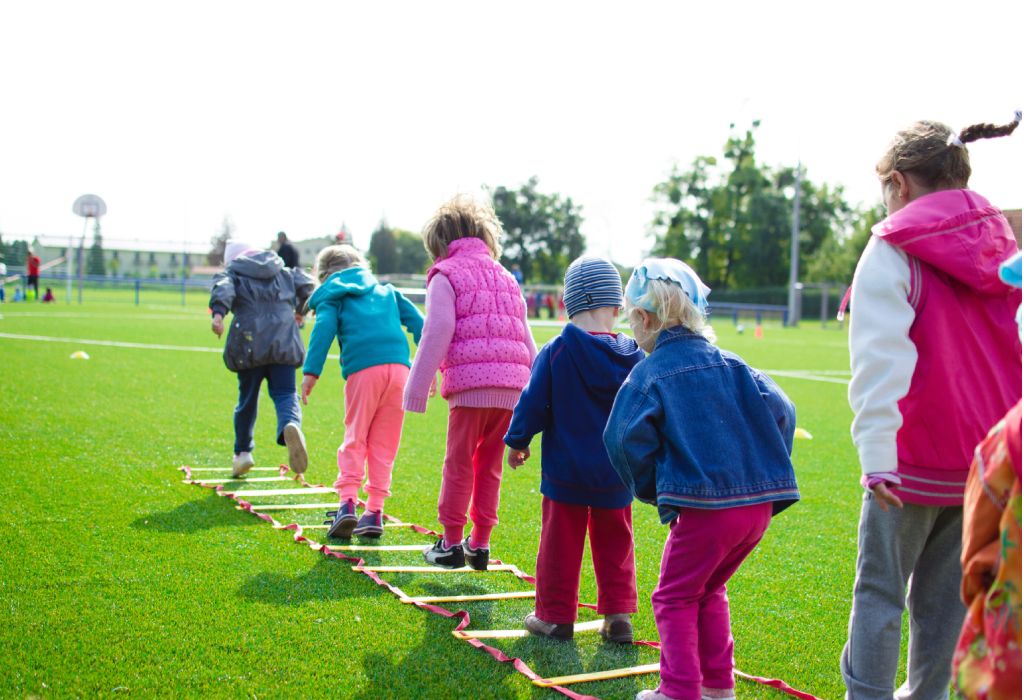The outdoor environment provides for different play opportunities that can hardly be replicated inside. A changing environment, that helps experience freedom, gross and boisterous movements, and contact with natural elements is called outdoor. By playing outside, children come in contact with sunlight, natural elements, and open-air, which contributes to bones development, stronger immune system and physical activity. The need to be physically active from an early age is particularly relevant if we consider the concerning children’s being overweight. However, the growing evidence about the importance of outdoor play does not seem to have an impact on the type of experiences that children have access to. As such the opportunities for outdoor play are diminishing, in consequence of globalization, technology expansion and urban growth. The fear of possible accidents that might happen to affect parent’s and professionals attitude towards outdoor play, so children tend to be kept inside, occupied with structured activities, and controlled by adults. Possible hazards, interactions with unknown people and traffic are the most frequent factors mentioned by parents for not letting their children play outside, even though they acknowledge the importance of such experiences. For example, the fear about child’s abduction is not linked to an increase in these type of crimes, although the greater emphasis is given to these situations by social media. Now there is a concern to occupy children during the day, as most parents work long hours and want to guarantee the best opportunities for children to acquire different skills and knowledge. Academic activities and sports often help children play freely. Going from one activity to another, children tend to be transported by car, without experiencing the outdoor environment through the interaction with the community. In this scenario, there is a need to raise general awareness regarding children’s right to play outdoors, as well as it’s potential in supporting children’s well-being, learning and development. Acknowledging the time children spend in educational settings, concerns about the time and space to play outside should be integrated into education planning and intervention, starting in day-care and kindergarten. As per the researches, early childhood education is too centred in what happens inside the activity room, wrongly considering that the outdoor environment serves merely as recess time, during which children can stretch their legs and expend their energy. Children tend to spend long periods in closed environments, more exposed to disease contamination and saturated air. Also, the time spent outside was often insufficient, varying between 16 and 30 min.
Importance of outdoor play

